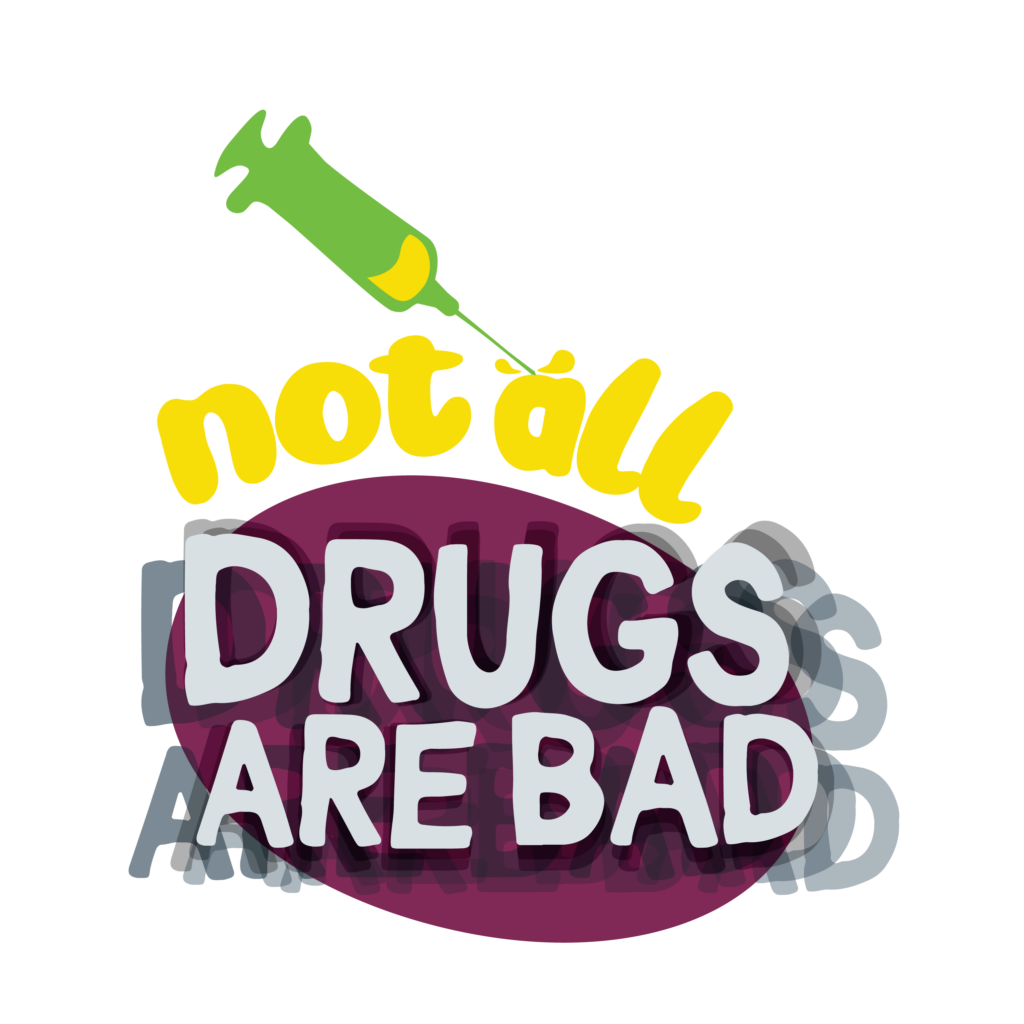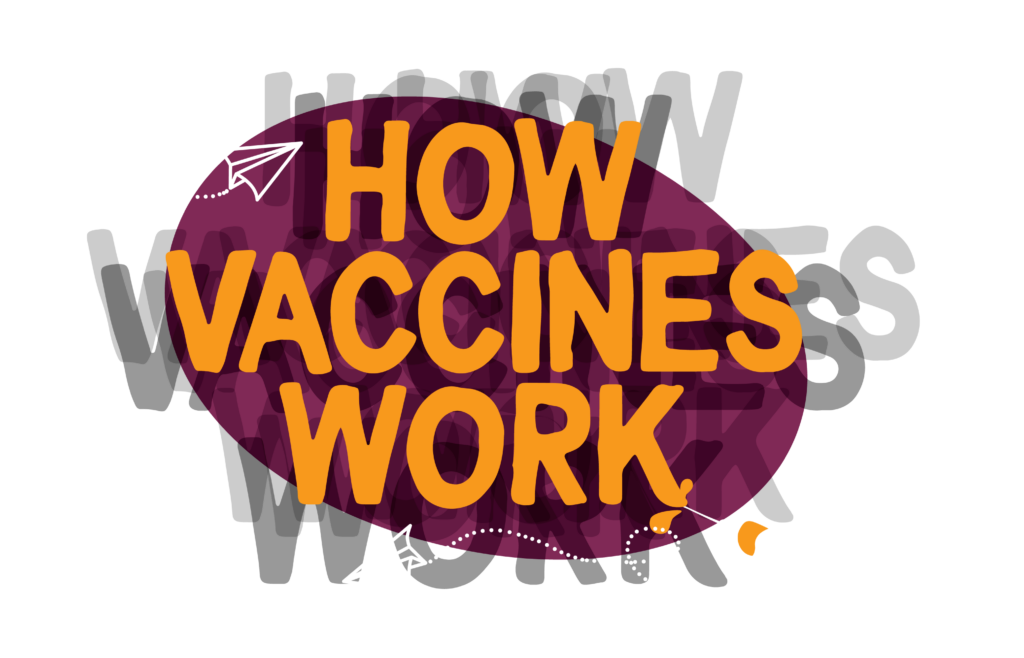16-24 years vaccination catch-up campaign

It’s never too late to get vaccinated!
Vaccination is a simple, safe, and effective way of protecting yourself against harmful diseases before you come into contact with them. Vaccinations prevent millions of deaths worldwide every year.
By the time you leave school you should have received the following vaccines:
If you have not received these vaccinations, you are entitled to get them for FREE from your GP surgery up until your 25th birthday.
It’s not too late to get your HPV vaccine! 16 – 24 animation
How do vaccines work?

Vaccines work by causing the body’s immune system to make antibodies (substances to fight infections). So if you come into contact with the infection, the antibodies will recognise it and protect you.
It is much safer for your immune system to learn this through vaccination than by catching the diseases and treating them.
All vaccines are thoroughly tested to make sure they will not harm you. More information can be found here How vaccines are tested, licensed and monitored | Vaccine Knowledge Project.
Be aware of anti-vaccine stories
Always get your vaccine and health information from trusted sources, such as the NHS or World Health Organisation (WHO). The vaccine information on social media may not be based on scientific evidence and could put you at risk of a serious illness.